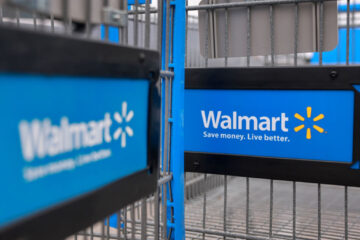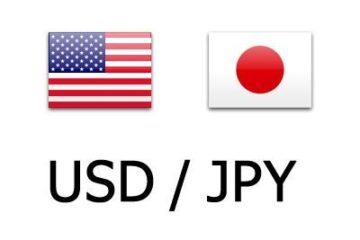The national opioid crisis, caused by an increase in prescription opioids and illegal practices by opioid manufactures and sellers, led to national settlements with several state Departments of Justice.
For example, Walmart, Walgreens and CVS reached separate national settlements with several states in November and December 2022, consisting of $5.7 billion by Walgreens, $5 billion by CVS and $3.1 billion by Walmart, according to a statement from the California Department of Justice. In July 2022, opioid manufacturers Teva and Allergan reached a settlement for $6.6 billion.
Related: Another popular fast-food chain closes after filing bankruptcy
Rite Aid was not a part of that opioid settlement, and eventually the U.S. Department of Justice on March 13, 2023, filed a complaint in intervention in a whistleblower lawsuit brought under the False Claims Act against the company, alleging it knowingly filled unlawful prescriptions for controlled substances.
The Philadelphia-based drugstore chain was already facing financial distress from competition for pharmacy business from CVS (CVS) , Walgreens Boots Alliance (WBA) , Walmart (WMT) , Target (TGT) , Costco (COST) , Amazon (AMZN) and Mark Cuban’s CostPlus Drug.
More bankruptcy:
Another popular gin and vodka company files Chapter 11 bankruptcyAnother popular mall retailer files for Chapter 11 bankruptcyHistoric grocery chain files for Chapter 11 bankruptcy
An opioid settlement for over $1 billion would compound the company’s problems if it had to pay, so the company decided its best option was to file Chapter 11 bankruptcy on Oct. 15, 2023, reporting $3.3 billion in debt in its petition.
While Walmart, Walgreens and Target since 2021 have closed a few dozen stores because of theft and organized crime – and some that were underperforming – Rite Aid has shut down hundreds underperforming stores and those with leases that don’t make economic sense in its bankruptcy. As of April 26, the drugstore chain had closed 345 locations of the original 2,100 stores it operated when it filed Chapter 11.
Related: Popular mall shuttering all stores for surprising reason
National drugstore chains, including Rite Aid, put financial pressure on smaller regional pharmacy chains, even some that consider themselves a discount retailer.
A woman is shopping in a pharmacy. (Photo: Jens Kalaene/dpa (Photo by Jens Kalaene/picture alliance via Getty Images)
picture alliance/Getty Images
Rx Discount Pharmacy files Chapter 11 bankruptcy
Eastern Kentucky drugstore chain Rx Discount Pharmacy on May 1 filed for Chapter 11 bankruptcy reorganization in the U.S. Bankruptcy Court for the Eastern District of Kentucky in London. The debtor did not specify a reason for filing bankruptcy in its petition.
The Hazard, Ky.-based pharmacy chain listed up to $50,000 in assets and $1 million to $10 million in liabilities in its petition. The debtor’s largest unsecured creditors include the U.S. Small Business Administration owed $500,000, Cardinal Health 110 LLC owed $485,000, QFS Capital owed $180,000 and Peoples Bank & Trust Co. owed $174,777.
Rx Discount Pharmacy opened its first location in Hazard in 1995 and added another six businesses. In addition to the flagship pharmacy, the debtor’s other drugstore locations include Clay Discount Pharmacy in Manchester, Ky., and Rx Discount Pharmacy No. 18 in McKee, Ky.
The debtor also operates medical supply stores, including Quality Care Medical Equipment & Scrubs in Hazard, Scrub World in Lexington, Ky., Casey’s Sundries & More in West Liberty, Ky., and Credential, Insurance & Contract Specialist in Hazard.
The pharmacies offer over-the-counter medications and convenience items at value prices, vaccinations, compound medications, medical equipment, home delivery and curbside pickup.
Related: Veteran fund manager picks favorite stocks for 2024


